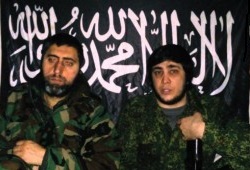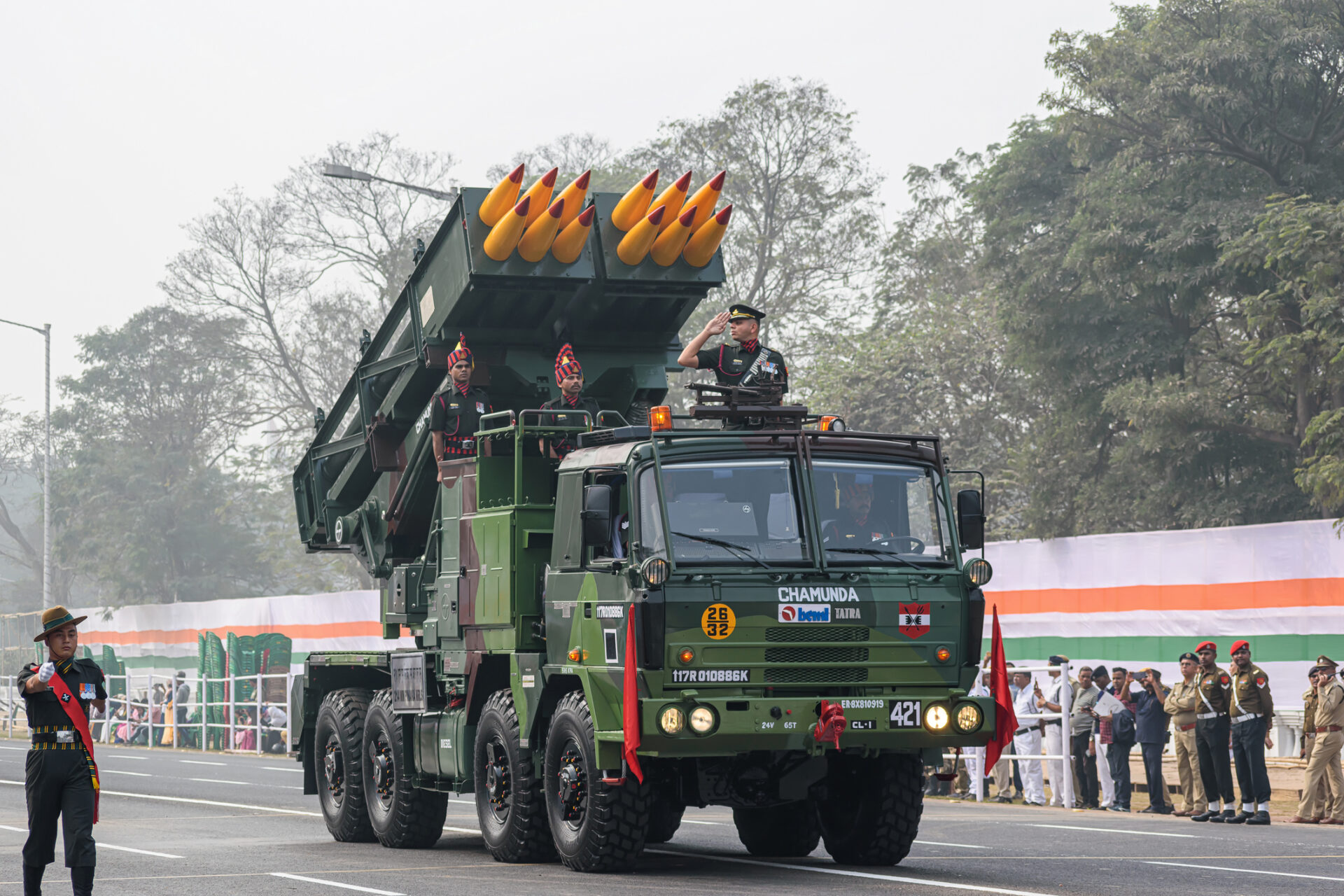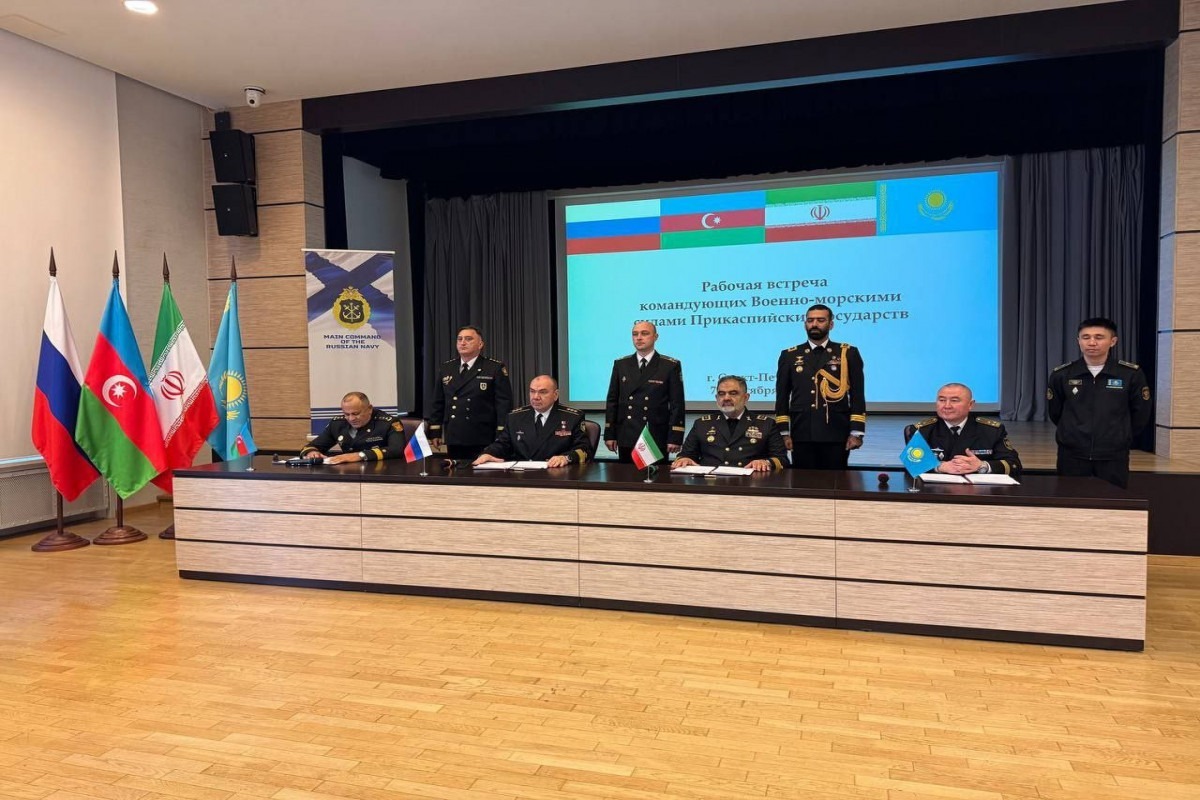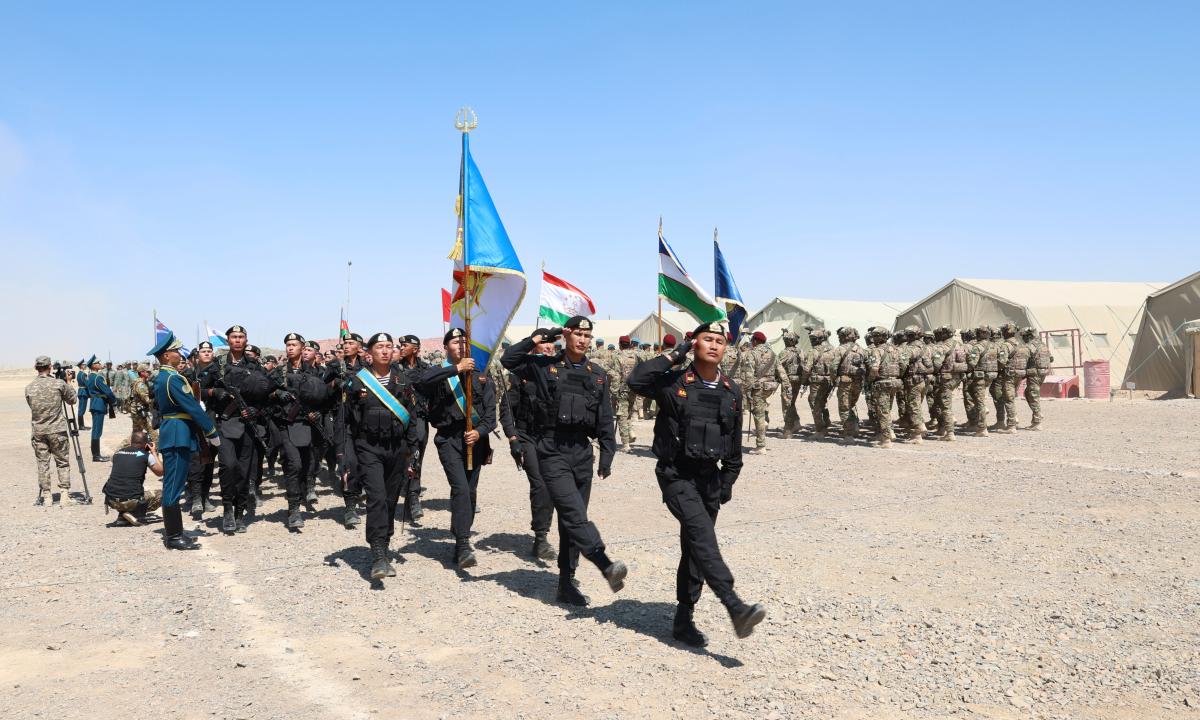
Black Thursday in the North Caucasus
Black Thursday in the North Caucasus
Last Thursday was Dagestan’s deadliest day in recent years. While all three North Caucasus republics of Chechnya, Ingushetia and Dagestan reported deadly clashes between insurgents and police forces that day, the latter claimed most of the casualties.
In the Dagestani city of Buinaksk, at approximately 8:00 p.m. on the evening of August 13 a group of 10 to 15 militants, driving a car stolen earlier that day, opened fire on the police checkpoint on Lomonosov Street known as "Manasaul’s Fork." After a brief shootout that left four policemen dead, the rebels took all their weapons, including Kalashnikov machine guns and handguns, walked to the nearby Olympus Sauna fitness center, and shot seven female employees (www.ingushetiyaru.org, August 13). The women’s execution came after an unequivocal threat posted on Shariah Jamaat’s website that claimed that sauna owners ran their business as a brothel in direct contradiction of Sharia law, and that severe punishment awaited both the owners and "prostitutes" if they did not stop (www.jamaatshariat.com).
Reportedly on the following day, the driver of the stolen vehicle was later able to identify two attackers as a 49-year old Buinaksk native Nabi Migitdinov and an 18-year old Magomed Gajjimagomedov (ITAR-TASS, August 14). According to police sources, Migitdinov was believed to be one of the leaders of a jamaat group operating near Buinaksk. His son Eldar was killed on July 17 during an attack on the imam of the Buinaksk mosque (www.lenta.ru, August 14).
Also on August 13 in Dagestan’s capital of Makhachkala, police forces were targeted in three separate sniper attacks – near the Marrakesh catering hall, by the southern road checkpoint and downtown next to the Tourist Hotel (www.kavkaz.tv, August 14). Several policemen were wounded in the shootouts; however, there was no specific information available from independent sources.
In Derbent district, law enforcement agencies liquidated a group of three alleged insurgents. When the group’s vehicle was stopped for a document check, the militants opened fire on police. Interfax Yug news agency reported on August 14 that all three unidentified men in the car were killed in the shootout. Later it was reported that one of the dead was a leader of the Derbent jamaat -Fizuli Gazarov. Little information is available about Gazarov except what RIA Dagestan’s reporter was told by the public relations department of the Federal Security Service (FSB) in Dagestan, who alleged that he was a member of the southern group led by Israpil Valijjanov. According to FSB sources, the late Gazarov was recently elected amir (leader) of Derbent (www.riadagestan.ru, August 14). At the same time, jamaat’s website questioned whether the men killed were in fact rebels, pointing out that three alleged militants shooting from their vehicle at close range had failed to wound even one policeman standing nearby (www.kavkaz.tv, August 14).
On the evening of August 13 an improvised explosive device was found on the railway link between Makhachkala and its suburb Tarki. The rail service had to be suspended as the device had not been defused by nightfall, and it was not until noon the following day that the bomb was made safe. The rail service restarted on the evening of August 14 amid frequent checks (RIA Novosti, August 14).
When the security situation in Dagestan deteriorates, the government usually begins a frantic search for someone to blame. The new Interior Minister and former FSB officer Ali Magomedov proved to be no exception to the rule, when he told Interfax news agency that "the recent events have certainly been engineered from outside of Russia. There is no other explanation. Dagestanis have no need to kill each other" (www.yuga.ru, August 14). These remarks do little to change the fact that the insurgency strikes in Dagestan are becoming increasingly more expansive, spanning across most of the republic (perhaps excluding the sparsely populated northern regions that are the traditional strongholds of Nogay Jamaat.)
Frequent assaults against law enforcement personnel are making life unbearable for the police, who face the deadly risks of gunfire or explosions on a daily basis. According to unofficial sources in the opposition paper Chernovik ("Rough Draft"), approximately 15 policemen in Kizil-Yurt applied for discharge, but were refused and threatened that if they terminate their contracts, their service record will read "discharged due to cowardice" (www.chernovik.net, August 14).
Clearly, Dagestan is suffering from the same affliction that has already affected Chechnya and Ingushetia – as insurgency strikes spread, policemen are beginning to leave the service ranks in greater numbers, notwithstanding their relatively high and promptly paid salaries.


